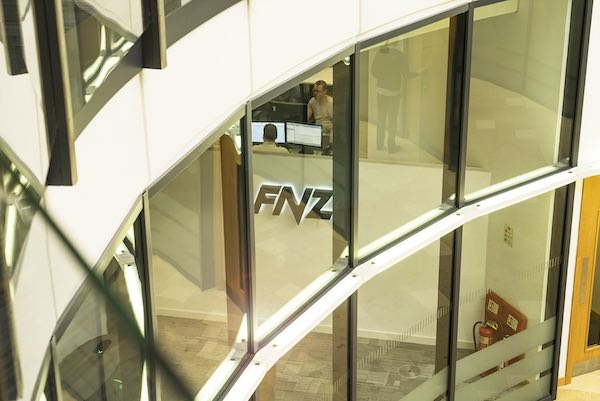The Competition and Markets Authority has provisionally found that platform engine FNZ’s £150m purchase of rival GBST would raise “significant competition concerns” following a review of the deal.
The CMA reassessed the deal following its request to the Competition Appeal Tribunal (CAT) for a remittal of its original ‘Phase 2’ decision to block the merger.
This request was made after FNZ appealed to the tribunal.
After re-examining the deal the CMA has again concluded that it could lead to less competition in the market and result in higher platform costs for investors and advisers.
The CMA is to consult on its provisional findings and proposed remedy which could see FNZ being forced to sell of GBST but potentially buy back a selected number of capital market assets. These assets would be restricted to those that do not affect GBST’s competitiveness in the supply of retail investment platform solutions, the CMA said.
The CMA said today that a group of independent CMA panel members found in its reassessment that the purchase of retail investment platform solutions provider GBST by rival firm FNZ could “substantially reduce competition.”
The CMA is concerned that this could lead to investment platforms - and UK consumers who rely on these platforms to administer their pensions and other investments - facing higher costs and lower quality services.
The CMA considered additional and updated evidence submitted during the remittal which showed that FNZ and GBST are close competitors and there are few other significant suppliers offering effective and competitive alternatives.
The CMA also found that if FNZ purchased GBST, the merged business would be the largest supplier in the market.
Martin Coleman, chair of the CMA inquiry group, said: “Based on the latest evidence, we have come to the provisional conclusion that a merger of FNZ and GBST would significantly decrease competition in the retail investment platform solutions market.
“The reduction of competition in the market could lead to higher prices or poorer service for retail platforms to the ultimate detriment of UK consumers who hold pensions or other investments that are managed by these platforms.”

